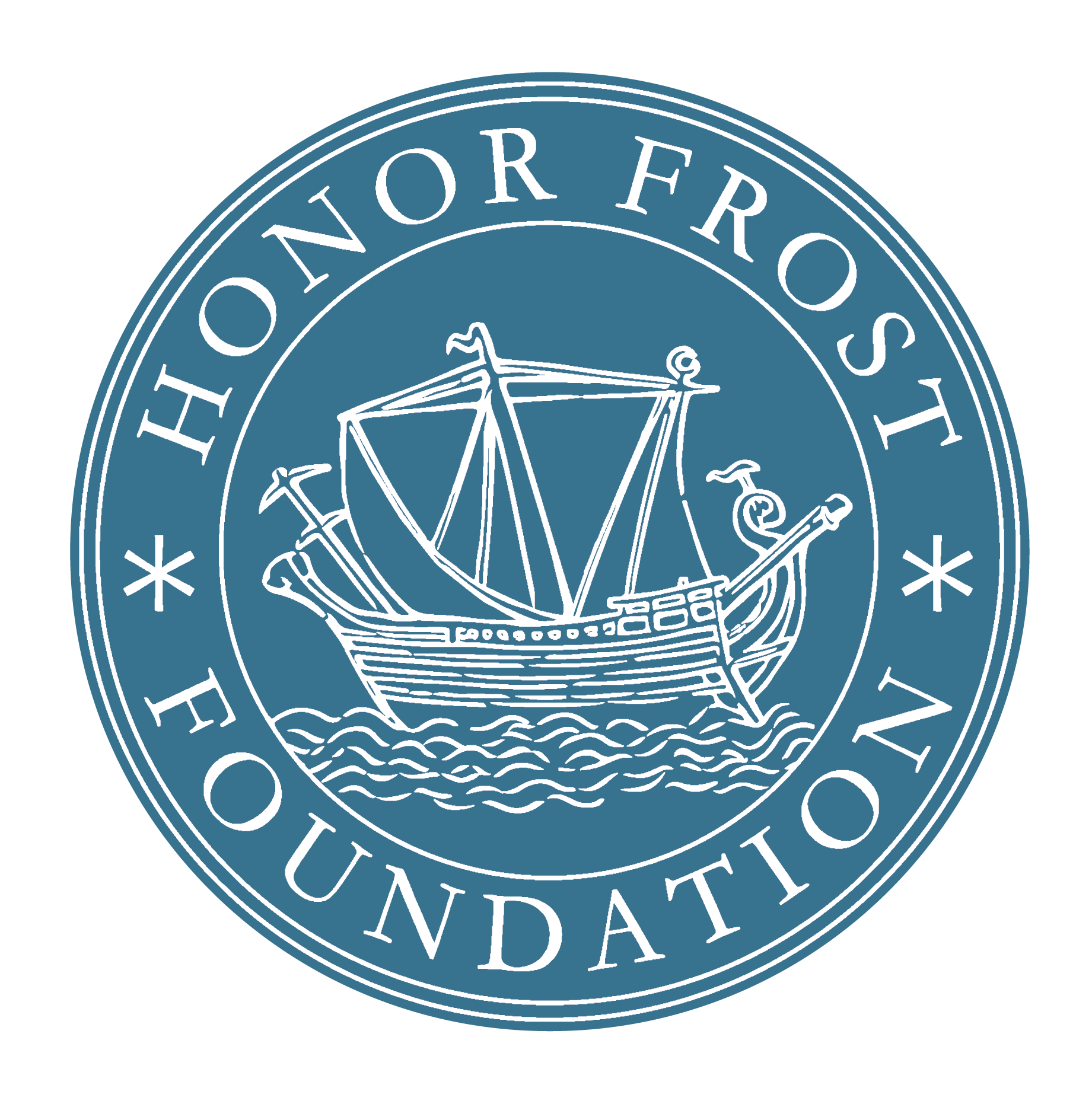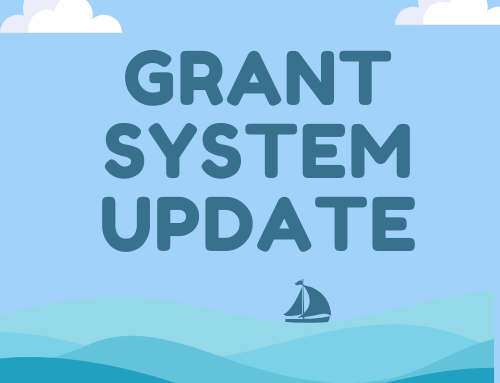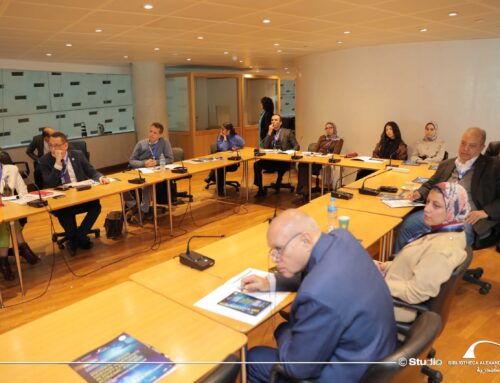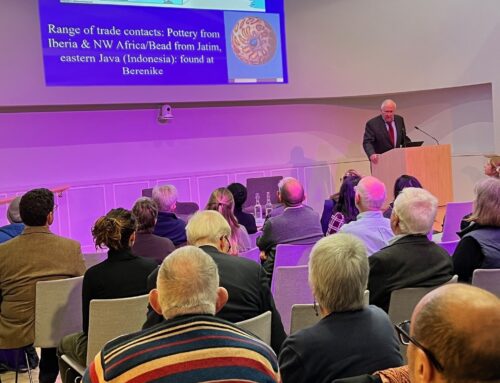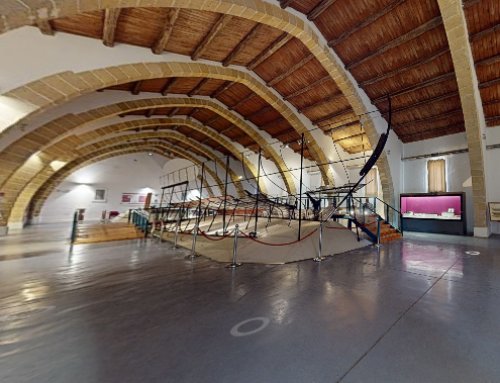PhD opportunity: Marine heritage and sustainable coastal development in Lebanon

Application deadline: 6th January 2021, start date February/March 2021 (depending on the successful candidate’s personal circumstances).
The PhD scholarship is tenable for a maximum of three years, commencing February/March 2021, at an annual stipend of £15,000 with an additional travel fund of £1000 per annum. Tuition fees will also be paid directly to the University at the international fee rate.
The Studentship
The Honor Frost Foundation’s mission is to promote the advancement and research of maritime archaeology in the eastern Mediterranean. https://qdh.yiu.mybluehost.me. This studentship will support a research project considering the connections between ‘Marine heritage and sustainable coastal development in Lebanon’.
The sea is central to Lebanon’s identity and way of life, past and present. The 210km coastline comprises 33% of the total built-up area in the country, hosting all the major cities, and is home to 55% of the total population. Development of the coastal and marine zone has a central role to play in the Lebanese National Economic Plan (NEP). As a result, as well as being the most sensitive zone in the country, it is also the most under pressure as construction and coastal infrastructure projects increase. Although there has been some effort to integrate environmental concerns into development planning and management of the Lebanese coast (such as CAMP – the Coastal Area Management Programme), the potential role of heritage in promoting sustainable forms of development is currently underappreciated and underdeveloped.
The situation is made all the more pressing given the devastating Beirut port explosion in August 2020. UNESCO/ Blue Shield Lebanon led responses to the effect of this tragedy on the cultural heritage of Beirut have understandably focused on architectural heritage but it is essential that the tangible and intangible maritime heritage of local communities also has a role if these responses are to be sustainable. A strong marine heritage strategy will allow local communities to have a voice in the forthcoming re-development work and help to ensure that local cultural identities and traditions are fully considered as part of that process. While humanitarian needs are the most pressing following such a tragedy, the creation of a development plan for the port that respects the cultural heritage of the location is vital to the longer-term recovery of the city and its people.
As a result of not being fully embedded in development strategies not only is the value of marine heritage failing to be communicated, but the resource is being destroyed before there has been a chance to record and utilise its potential. The proposed PhD project will identify the ways in which marine heritage can be seen to be an asset to coastal infrastructure projects and not simply a barrier. Through a series of case studies it will demonstrate that marine heritage, and the data set it can provide, has an important role to play in evidence-based decision-making across the coastal and marine sectors, capable of informing Blue Economy initiatives such as heritage tourism, coastal and offshore development projects, coastal management and climate change mitigation strategies, fisheries management, as well as having a role in marine ecosystem conservation, marine spatial planning, policy making and ocean governance more widely. By bringing together the methodologies and tools developed during the Rising from the Depths (RftD) project (also based at the University of Edinburgh) and the results of Honor Frost Foundation (HFF) supported research in Lebanon, this thesis will identify ways in which marine heritage can be part of ethical, inclusive and sustainable coastal development in Lebanon. This will involve identifying current offshore and coastal development projects and their potential impact on marine heritage. Research will then turn to how a consideration of heritage can enhance the sustainability and effectiveness of development in the coastal and marine zone.
Eligibility criteria
You must be a citizen of Lebanon, Cyprus, Egypt or Syria. This studentship is ONLY open to nationals of these countries.
The PhD scholarship requires a good 2:1 honours degree (or equivalent) and a Masters degree. As our approach is multidisciplinary, we are interested in hearing from researchers form any related discipline including archaeology, anthropology, development studies, history, environmental sciences, digital humanities, law and coastal management.
The successful candidate must demonstrate a genuine interest in the maritime cultural heritage of the region and the PhD will be based in the Department of Archaeology within the School of History, Classics and Archaeology. The candidate would be expected to develop the subject in their home country upon their return at least for the equivalent time they were recipients of the scholarship (i.e. minimum three years).
During their doctoral research, the successful candidate will be required to submit annual reports on their progress to the HFF and contribute towards the Foundation’s activities, including supporting the annual lecture, promoting the Foundation and its activities whenever possible, including social media. The successful candidate will be encouraged to publish the results of their research in the HFF Publication Research Series
Application Process
Applicants for the scholarship need to submit a copy of their CV; a sample of written work (4,000 words, max); and a research statement of up to 1000 words explaining why you feel you are suitable for the PhD scholarship and how you would approach the topic of marine heritage and sustainable development in Lebanon. Please also arrange for two academic references to be sent independently by the deadline. All material should be sent to HCA Graduate School Office (GradSchool.HCA@ed.ac.uk), copying in Dr Jon Henderson jon.henderson@ed.ac.uk.
Please note that shortlisted candidates will be asked to apply to the University of Edinburgh through the normal application procedure and must meet the usual entry requirements (including English language) for a PhD in Archaeology at the University of Edinburgh. Details are available here: https://www.ed.ac.uk/history-classics-archaeology/graduate-school/programmes/phd-programmes/phd/phd-archaeology.
If you have any academic enquiries about the project please contact Dr Jon Henderson jon.henderson@ed.ac.uk. For application queries please contact Agata Paluba GradSchool.HCA@ed.ac.uk.
Deadline for applications: 6th January 2021
We may invite you for interview. Interviews will take place over the telephone or online.
